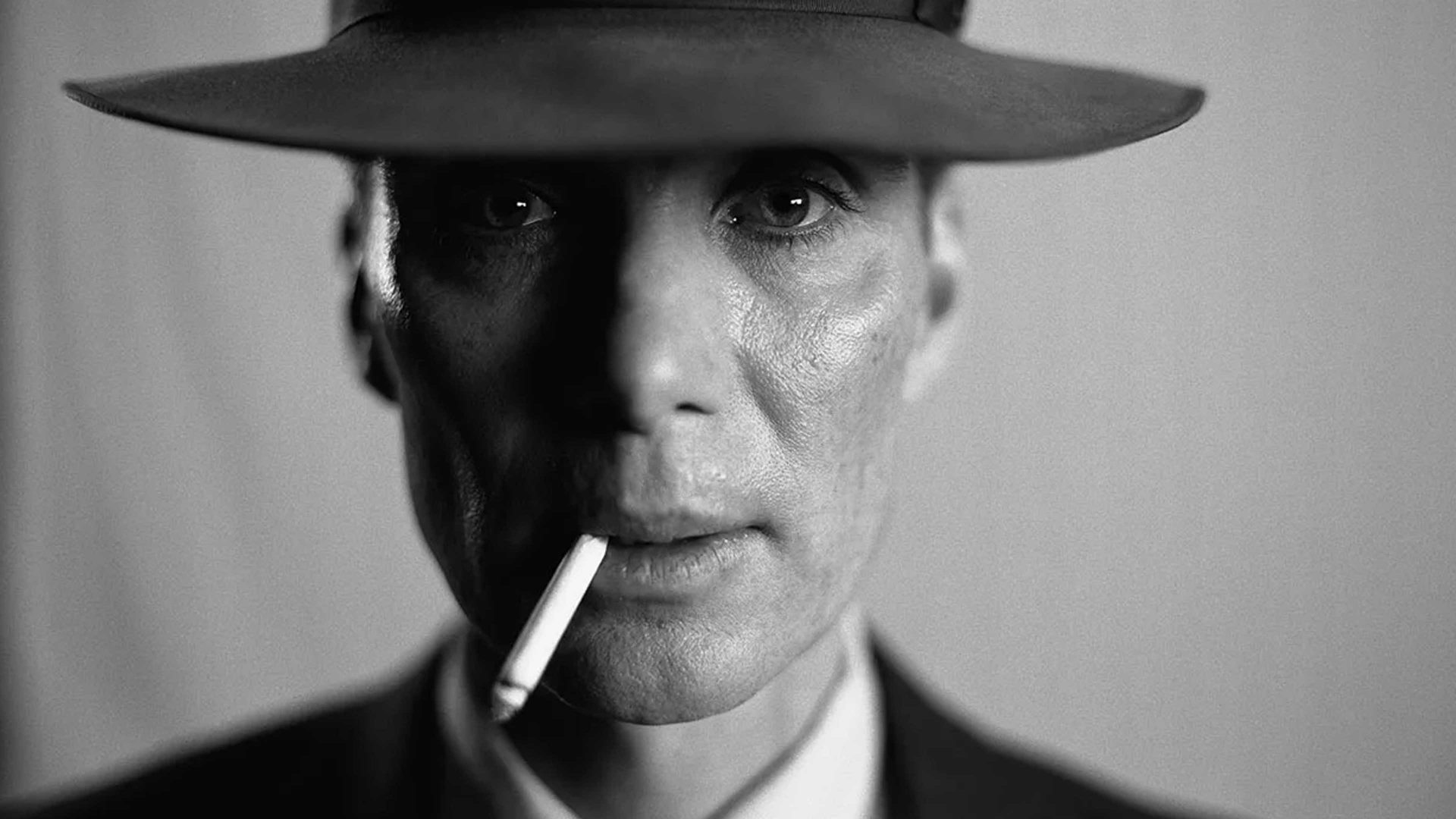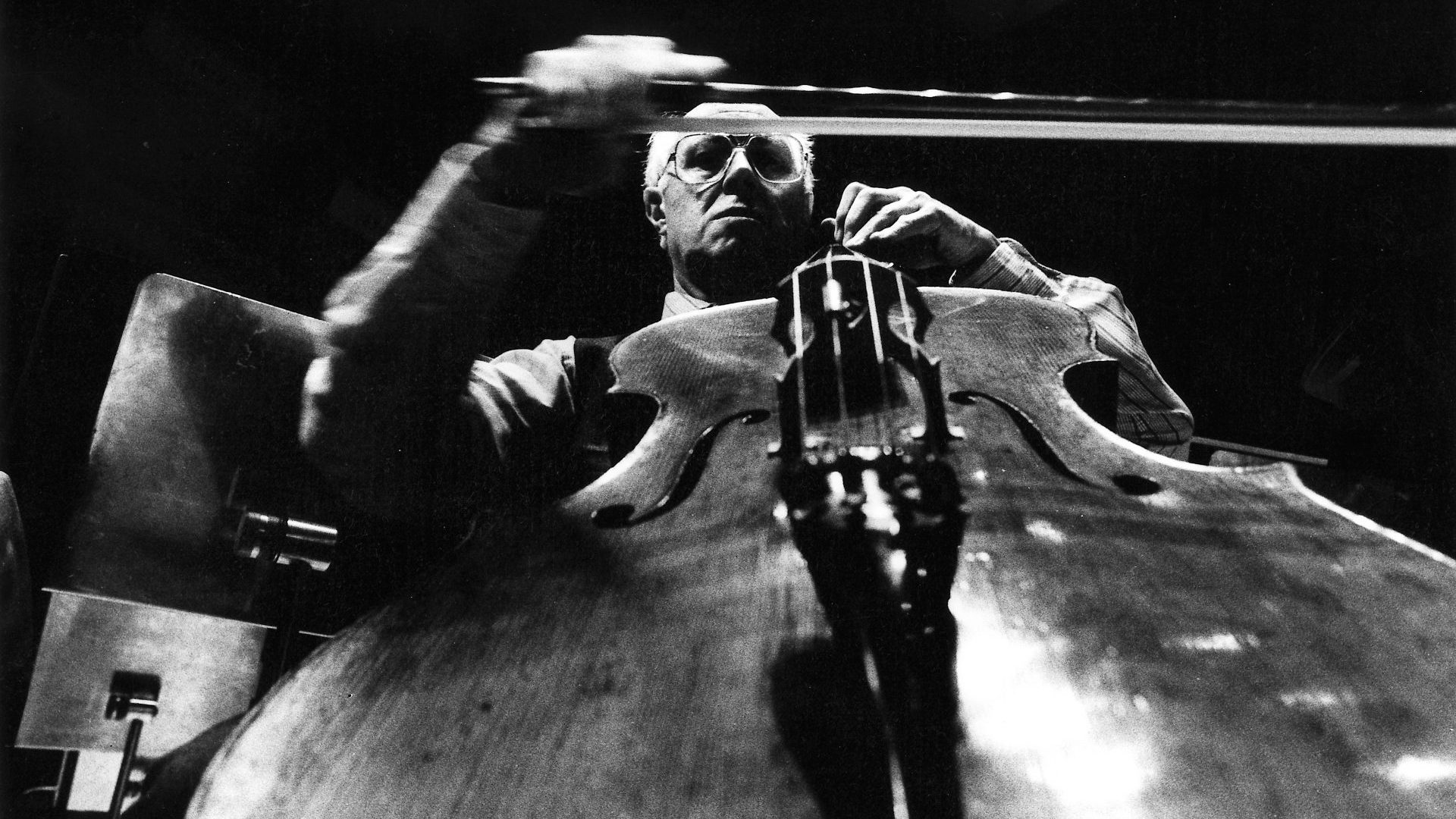In my predictably proud opinion, pretty-boy Cillian Murphy shouldn’t have won the Oscar for his portrayal of J Robert Oppenheimer in Christopher Nolan’s computer-generated nuke-fest. Not only did he look as if he had a bug up his ass for most of the film’s duration, but he also had to act against this compelling disadvantage: Oppenheimer, withal his own original contributions to theoretical physics (which were actually in the realm of the cosmological implications of black holes), were long past by the time he decided it was a good idea to become death, destroyer of worlds; the fact remains – corrupted by his ethics or not – he was a compellingly brilliant intellectual.
Whereas I suspect Cillian, bless him, is not the sharpest laser beam in the laboratory. Smart can play dumb – but the opposite is always a problem: think of Viggo Mortensen’s laughable turn as Freud in Cronenberg’s psycho-biopic, A Dangerous Method. And by contrast, Bradley Cooper’s extraordinary performance as Leonard Bernstein in Maestro: here, actorly narcissism was brilliantly channelled and enlarged to fill out the stupendously inflated ego of the great musician.
One thing, however, that both Cooper and Murphy do creditably in their respective roles, is cry convincingly. Indeed, the best scene in Oppenheimer, is when its antihero goes to protest to President Truman at the expansion of the US nuclear arms programme. Truman, a hard-as-nails, fat-necked Midwest machine politician – and a WASP to boot – has no time for the commie-sympathising, Jewish Oppie; and, once the latter has wrung his hands and leaked a little on the sofa of the Oval Office, about how he feels dreadful killing all those Japanese civilians, especially the women and kiddies…
Truman tells Oppie/Murphy succinctly that it wasn’t him who dropped the bomb at all, it was yours truly – then, having sent him packing, turns to his aide-de-camp and says, “Don’t ever let that cry-baby in here again.” This feels right – instinctively so – as a clash of cultures; in this case, the never-ending conflict between sensitivity, and cold calculation. In Bernstein’s case the histrionics aren’t quite so, um, historical – what would you expect of a highly-strung, promiscuous, drug-taking bisexual musical wunderkind? Oh, and a Jew, to boot.
Because just one of the traditional slurs against Jewish men is that they (we?) are effete characters: a blend, indeed, between man and woman. Tell it to Benjamin Netanyahu and the oxymoronic IDF. A hugely influential work of Jewish antisemitism was a book by Otto Weininger (himself a Jew and gay), called Sex and Character, which propounded this theory. Published in fin-de-siècle Vienna, this was just one of the myriad vectors through which another destroyer of worlds, Nazism, entered into 20th-century history.
But is crying such a bad thing? I’ve been doing a lot of it recently, for reasons regular readers will be aware of, and it never ceases to help. I don’t think of it as unmanly in any way either. James Joyce chose his protagonist for his great novel, Ulysses, carefully – making the early 20th-century version of the Bronze Age warrior king, a half-Jewish, half-Irish advertising salesman, and a complacent – ie feminised – cuckold. Bloom is a pacifist – while his fellow protagonist, Stephen Dedalus, memorably says: “I fear those big words that make us so unhappy.” Referring in particular to God, war, and religion.
Which is why Tom Stoppard, in his play, Travesties, set in Zürich at the end of WWI, puts this line into the mouth of his absurd British consular official, Henry Carr: “So, what did you do in the war, Mr Joyce?” To which Joyce replies, laconically, “I wrote Ulysses.” But while the Irish prose-laureate may have modelled his epic novel on Homer’s epic poem, there’s one thing his Odysseus doesn’t do, that the original one does – and copiously.
And that’s cry. Yes – with each crippling adversity, whether it be the derelictions of his crew, or the designs of the gods to thwart his homecoming, the great warrior starts up wailing. Here he is – in Robert Fagles’ translation – succumbing to a bout of homesickness, having slain the cyclops: “… there on the headland / sitting still / weeping, his eyes never dry, his sweet life / flowing away.” It may be that this great warrior and trickster cries over things worth lamenting – death, destruction, peril – but he also cries from self-pity: the poet’s genius is to present him as someone emotionally intelligent enough to both succumb to this frailty, acknowledge it, work through it, and steel himself thereby for fresh adversity.
Which probably explains why the Odyssey remains both the inception and the culmination of western culture, rather than, um… Inception, or Oppenheimer for that matter, which presents us with no heroes at all, only a pathetic, world-destroying hubris, on the part of players and their playwright alike.



